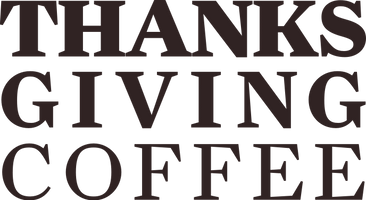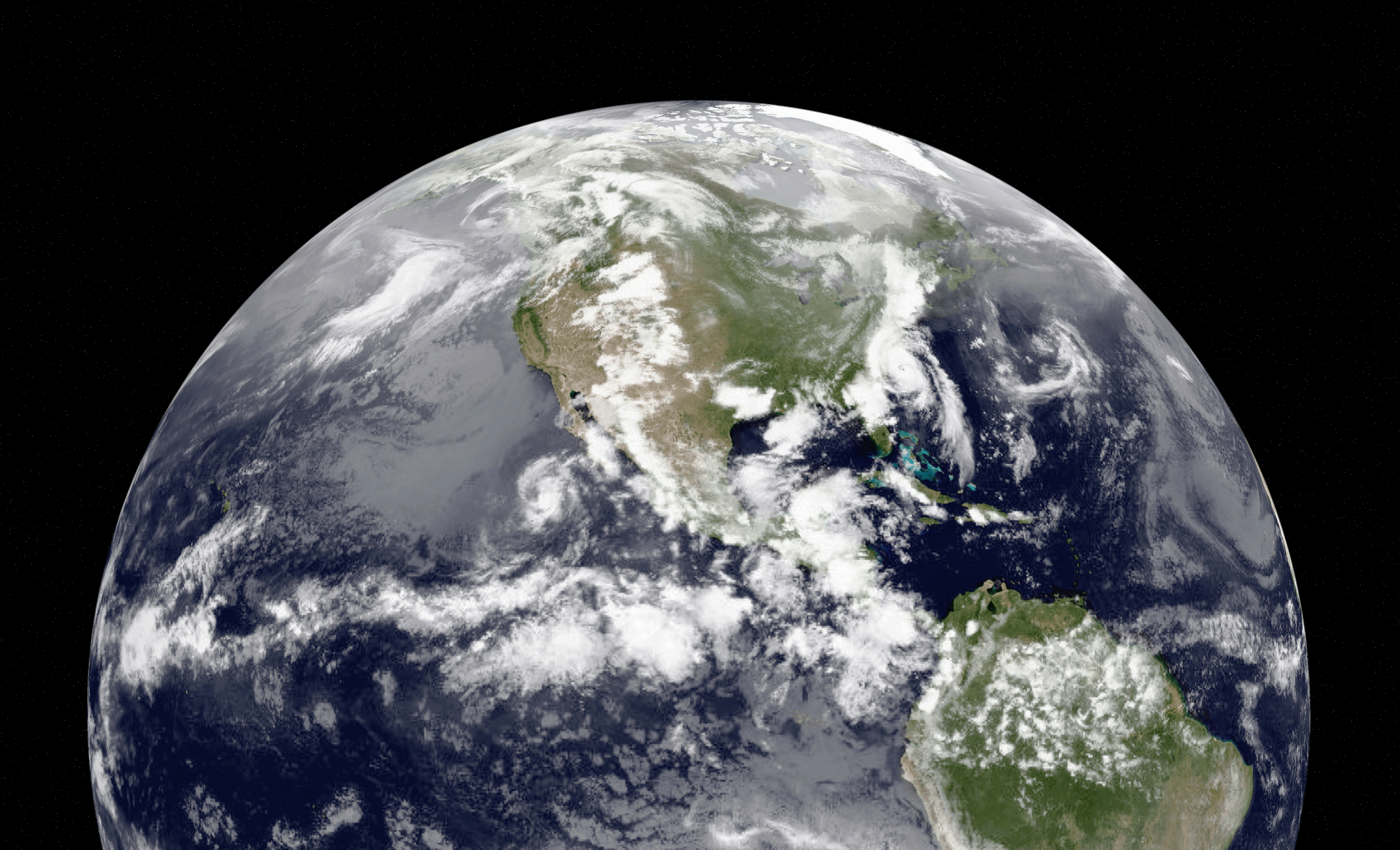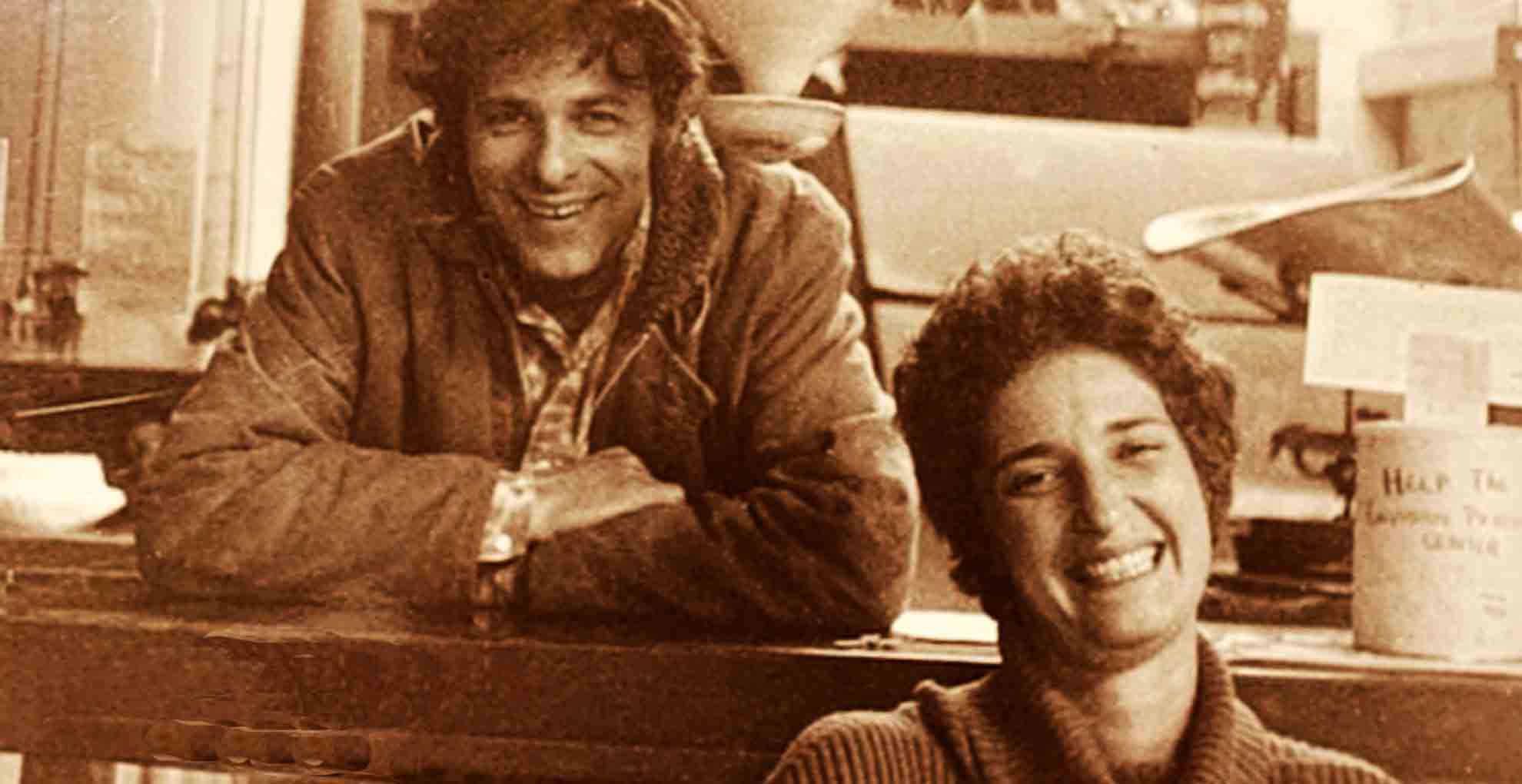Institute for Global Leadership
Originaly Posted On
Mar 4, 2008
Dear Friends,
Tonight, in a beautifully organized ceremony at the Fletcher School of Law and Diplomacy, we accepted the 2008 Jean Mayer Award for Global Citizenship. This event was in many ways the kick-off for our month-long tour, and if beginnings are a sign of what's to come, this is going to be a fun few weeks. JJ, Sinina, Margaret, and Sam all spoke about their experience as coffee farmers, and their participation with Peace Kawomera. JJ shared some especially powerful words, pointing out that the work of making peace was just as serious as the work of preparing for war. He added that he felt we had done something small, but that there was much to do still. What we've done in Uganda is nothing if we can't find a way to build peace in Kenya, in Israel, and in Palestine. JJ's powerful words reminded me of the courage that it took to begin this effort, to take a first step into the unknown, and of the power of these farmers, and the many lessons they have to teach our world.
I wish I had transcriptions of what everyone said, but alas, I only have the speech that I wrote, which ended up turning into something else in the moment. Anyway, for the sake of sharing, I'm pasting it in here for those of you who are interested. Thanks for your support: it's people like you who've make this project real every day!
Yours in Peace,
Ben
The Dr. Jean Mayer GlobalCitizens Award 2008
Ben Corey-Moran, Director of Coffee 2003-2009
(Here's my speech)
I want to first thank Tufts University, and your Institute for Global Leadership for this tremendous recognition. We are deeply honored to receive this year's Jean Meyer Award, and to stand side-by-side with the previous winners. We commit to you to use this award to continue our work, in the service of peace and of justice.
To Rabbi Jeff Summit and his wonderful wife Gail, thank you for making Boston our home.
To Joan and Paul Katzeff, friends, mentors, and colleagues: the love you've put into our Thanksgiving Coffee Company since the day you opened its doors in 1972 is what got us here. Thank you.
To everyone back home in Fort Bragg, the people who make our work possible every day, thank you.
To my dear friend and colleague Holly Moskowitz: your commitment to the success of this project is immense. The movement you've built is strong. We would not have succeeded without you.
To Laura Wetzler, and the whole Kulanu family: you are bridge builders and matchmakers, a new kind of shiddach for our changing world. We thank you for your tireless efforts on behalf of the Abaydaya, and their Muslim, and Christian neighbors in Uganda. None of this would be without you. We are proud to share this honor with you.
Lastly, and most importantly, to the farmers of Peace Kawomera: you are a light in this world. Your example has taught us so much. I thank you for your strength, and for the courage it took to step into the unknown together. You have so much to teach us. It has been my honor to grow together as family. May our children one day know each other, and may they continue this partnership for generations.
Thanksgiving Coffee Company is a business built on the belief that the basic values of community, fairness, trust, honesty, and caring don't end when the workday starts. We believe that business is responsible for its actions, its impact, and for the well-being of every person, every community, every forest, and every river, from the headwaters of our business, to its final destination.
Our responsibility to the farmers who grow our coffees, be they in Nicaragua, Rwanda, Ethiopia, or Uganda, is to build a fair trade of great coffee for a reasonable price, one that ensures the well-being of the farmers and their families, and the success of our business. It is a simple responsibility actually, simply human, but unfortunately, it is historically rare, and difficult to achieve.
We are the buyer, on the other end of the supply chain, for coffee produced with love, care, and craft. Our commitment is to the farmer's future: we don't just come one year and leave the next. We return year after year, and help to build the stability farmers need to invest in their businesses, and realize their dreams. Our responsibility, the one we invite our customers to join us in, is to build the market demand necessary to sustain the production from our partner cooperatives, year after year, thereby lessening the distance between farmer and barista, producer and consumer. Trading great coffee for fair prices makes sense, but it's not easy, and our world has long since lost track of the simple logic of fairness and sustainability.
We are in the business of creating a different kind of business, so that business can create a different kind of world. In order to do this, we have got to unwrap ourselves from what we've inherited so that we can heal the damage that's been done. The same thinking that got us here can't get us out of here. The same tools which we've used can't fix the problems they've created. Which is really just another way of saying that we have to create a business that's about people, a business whose imagination is bigger than profits, and inclusive of more than just its shareholders. We have to create a business whose conception of profit goes beyond self, because we are all people, and there is no justification for gaining at another's expense.
Oh, economics, ”the dismal science".
Transaction? - producer - consumer? You notice that this doesn't sound like the neighborhood you live in. It doesn't sound like community, because it's not. If you lived next door to the farmers who grew your coffee, you wouldn't pay nothing and then go on with your day.
Let's imagine a new kind of economy, an economy of people. Transaction? How about interaction? You notice that our very language hides us from ourselves. How about relationships between people: farmer and mother, Muslim and Jew, Ugandan and American. How about JJ, and you, and me? Let's get to know each other, let's talk shop. We can sit down for a cup of coffee, let's do business. Let's live together, let's make the world a smaller place, a richer place. I submit the radical notion that we can use capitalism to heal itself. That we can create a culture that would civilize this savage beast, based on what a former Jean Meyer prize winner, Archbishop Tutu once said: "God created enough for all of our needs, but not enough for all of our greed."
This is the story of a different kind of business. And stories like, the story of Peace Kawomera, are what shape and change the world.
"Another world is not only possible, she is on her way. On a quiet day, I can hear her breathing." Arundhati Roy
When I first met JJ Keki, in the winter of 2004, he asked me if we would join him to build peace. He thanked me and my colleagues at Thanksgiving Coffee for agreeing to buy his cooperative's first harvest. He told us that it was coffee that united his community, and that through fair trade he could convince his neighbors that there was more to be gained by working together than there was to be had from competition with each other. We committed to being his partner, guaranteeing a fair price for all of the coffee his cooperative could produce.
Then he set a challenge to me that has filled my days and my dreams ever since. JJ asked me how we would bring the story of Peace Kawomera to Jews, Christians, and Muslims in the United States. To be the teller of a story of such power is an enormous responsibility, that much I knew then. To be honest with you, at that moment, I didn't think we could, I didn't imagine that we could. It seemed like something extra that we would have to do, something that would take more than it would give. Something that would distract us from our obligation to find a market, buy this year's coffee, and to return next year, to purchase the next harvest. I was wrong, thankfully, and JJ, in his JJ kind of way, was asking me to see his dream, and to become a part of it.
From vision to practice, from dream to reality, we have been guided by the courage, inspiration, and example of the Peace Kawomera Cooperative. We have been guided by what started as JJ's dream, the dream that his neighbors began to dream, the dream they are still dreaming.
Tonight I want to tell you the story of our work with over four dozen churches, synagogues, and mosques in the United States. Theirs is the the other half of the story of the Peace Kawomera Cooperative: together, linked through our little coffee company, this new alliance of Jews, Christians, and Muslims is creating the market necessary to sustain the farmers of Peace Kawomera.
Churches, Synagogues, and Mosques in the United States, American Christians, Jews, and Muslims, have come together to support Christian, Jewish, and Muslim coffee farmers in Uganda.
So I think that this award is also for the thousands of people who have heard this story, and who connected hand with heart to make real their support of this project. This award is for them: the people who heard a sermon, or read an article, or listened to a friend, and then said wow, beautiful, and then stepped up to do their part in making this real.
They are the ones, and let me tell you, they are the most amazing people, religious school teachers, single moms finishing PhD dissertations, travel agents, and filmmakers, each of whom has taken this to their community, and in their own way, mobilized their friends, neighbors, colleagues, and family. Every day these people brew a cup of this sweet coffee, and make it part of their lives. Every week, they buy a package. They are building a market, one-by-one, but they are also building a relationship with this cooperative, far away in Uganda. They are bringing the world together, making it a smaller place, a more peaceful place, and a more human place.
These are people of different faiths who see that each of our proud traditions converge in our teachings of justice, of the essential worth and dignity of our fellow humans, and in our responsibility to inform our daily lives with these deepest beliefs. Together, these communities are beginning to see that, like the farmers of the Peace Kawomera Cooperative, there is more to be gained by finding our shared common ground, and by building a world together, based on that foundation.
You know, the economists talk about producers and consumers. One creates and the other takes, one sells and the other buys. I'd like to suggest tonight that we re-imagine that relationship, and begin to look for ways to be producers, together, of the kind of world we'd like to live in. We talk a lot about empowerment. I'd like to point out that we all have power to create the kind of world we'd like to live in. It's often times as simple as the choices you make when you shop. So let's empower ourselves to buy in a way that creates, and to recognize that when we do so, we not only fulfill our responsibility to pay a fair price, but that we also empower the dreams of people around the world, dreams of a future of peace and beauty. I'd like to end with the words of Arundhati Roy, from India, one of our world's most courageous voices.
"Another world is not only possible, she is on her way. On a quiet day, I can hear her breathing."
Letter from the Institute for Global Leadership February 13, 2008
Using Coffee as our medium for change




